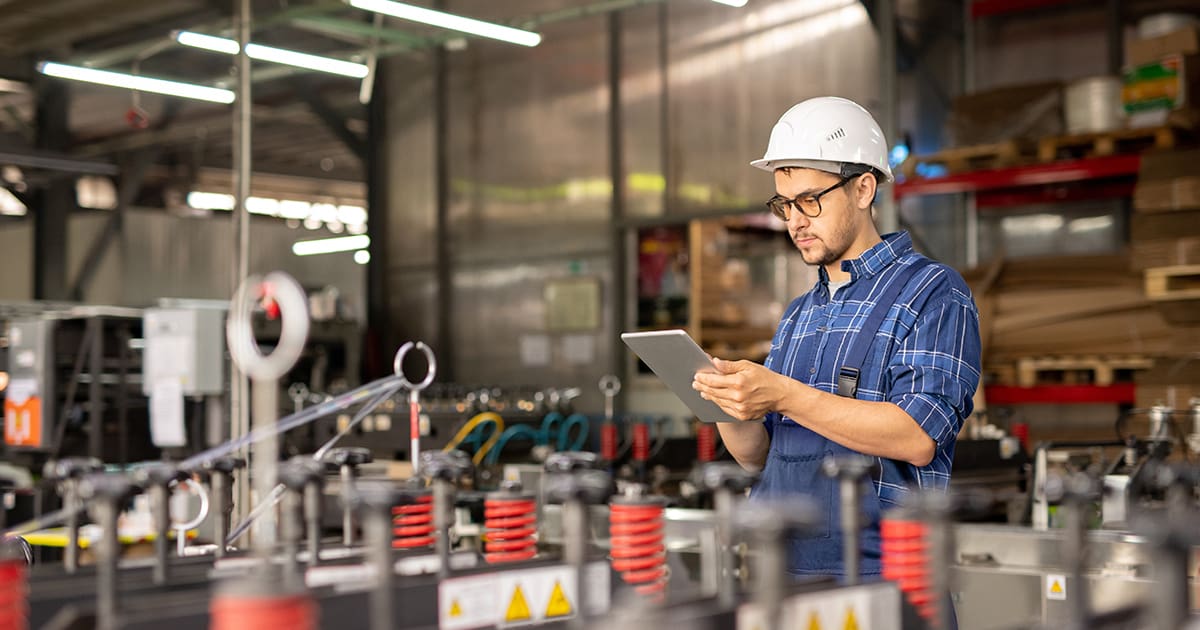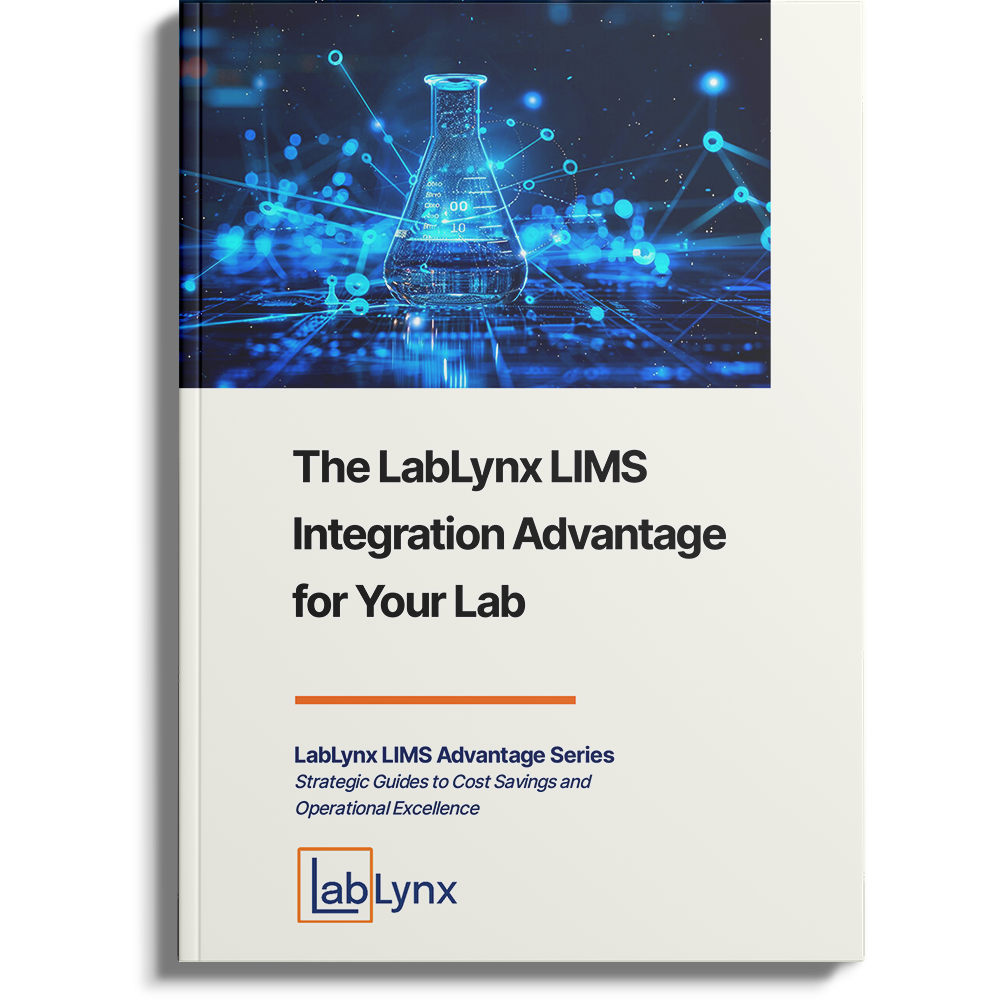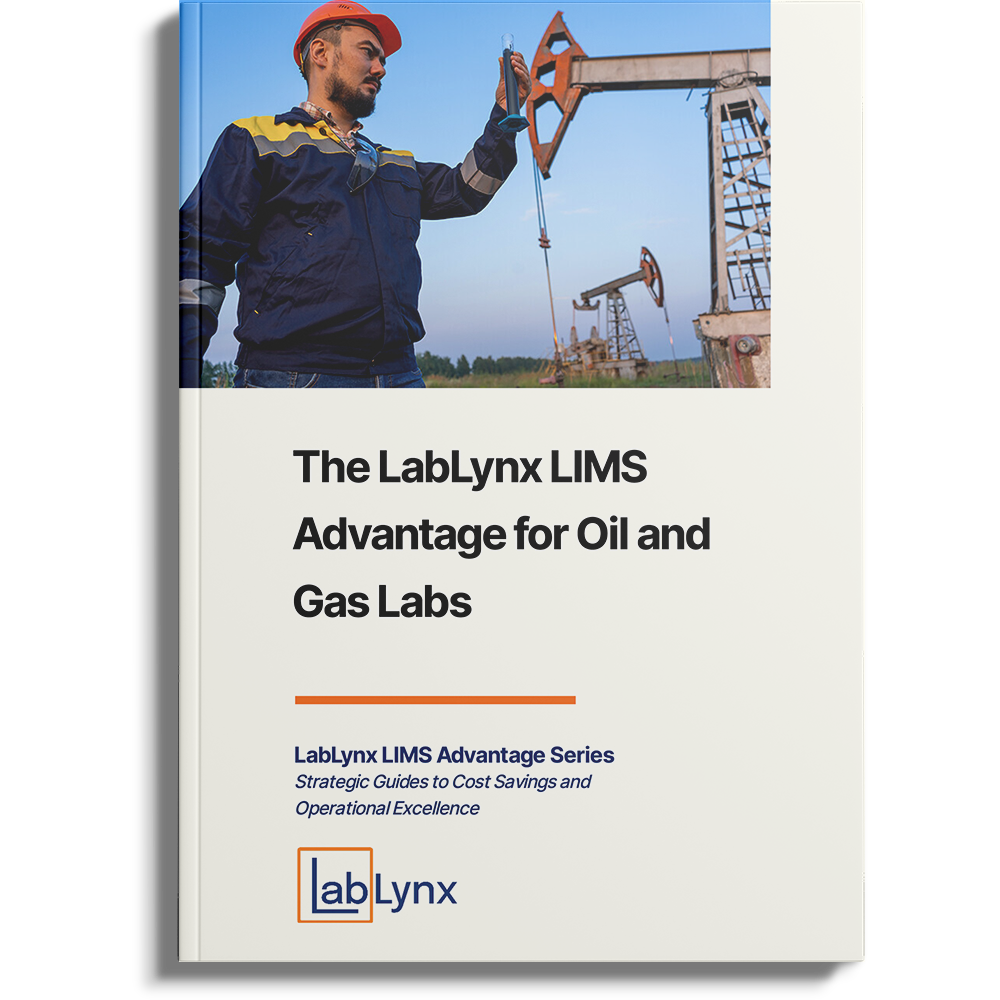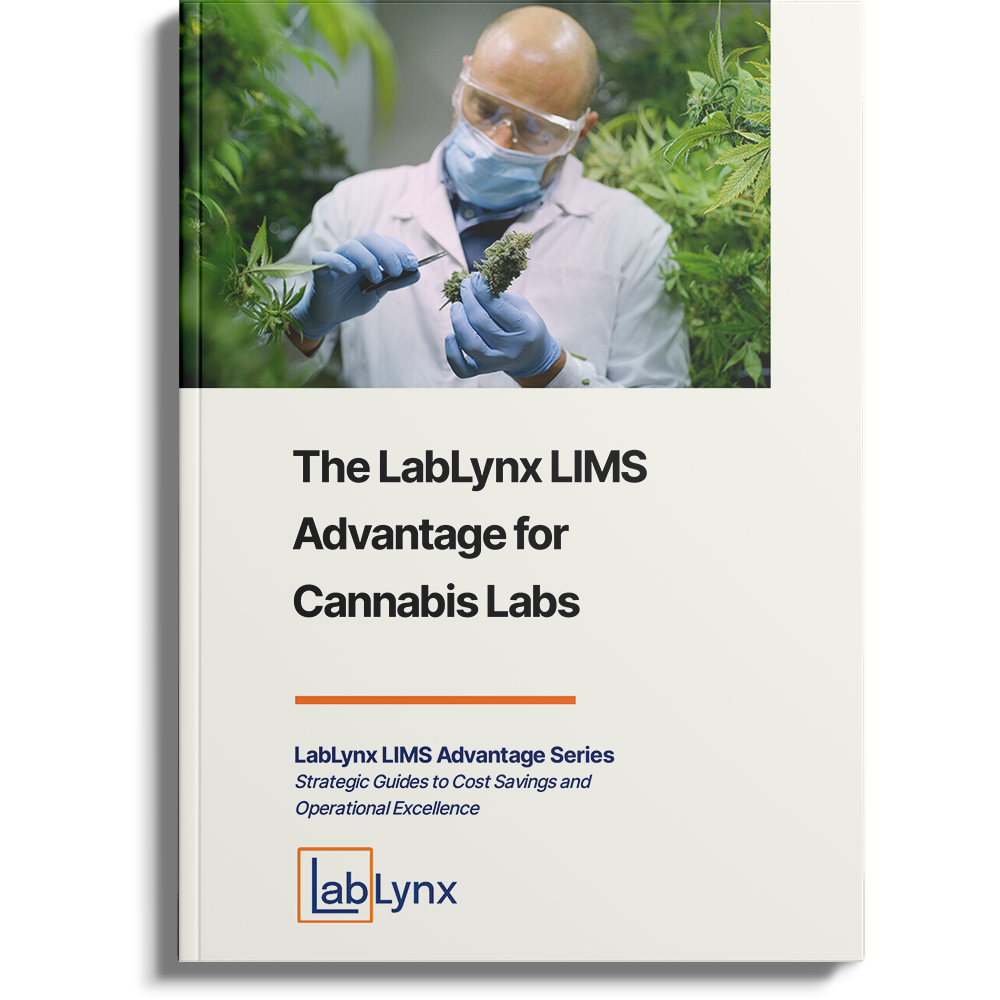
Manufacturing-related laboratories play a pivotal role in ensuring product quality, safety, and compliance. These labs conduct a wide range of tests to evaluate raw materials, monitor production processes, and verify finished products. From ensuring structural integrity in construction materials to validating the chemical composition of pharmaceuticals, the work done in these labs is foundational to the manufacturing process.
This article explores the various types of tests typically conducted in manufacturing-related laboratories and highlights how solutions like the LabLynx Suite offerings—LIMS Suite, ELN Suite, and Lab Automation Suite—can optimize these testing workflows.
Material Testing
Material testing ensures that raw materials meet the required specifications for manufacturing processes. Common tests include:
- Tensile Testing: Evaluates the strength and elasticity of materials under tension.
- Hardness Testing: Measures a material’s resistance to deformation or indentation.
- Thermal Analysis: Determines how materials react to changes in temperature.
How LabLynx Helps:
The LabLynx LIMS Suite simplifies material testing by automating sample tracking, managing test data, and generating detailed compliance reports. With real-time data visualization, labs can quickly identify trends and deviations in material quality.
Chemical Analysis
Chemical testing ensures that raw materials and finished products meet the required chemical composition. Common tests include:
- Spectroscopy: Identifies the elemental composition of materials.
- Chromatography: Separates and analyzes complex mixtures.
- pH and Conductivity Testing: Assesses the chemical properties of solutions.
How LabLynx Helps:
The LabLynx ELN Suite provides an ideal platform for documenting chemical analysis processes. Standardize test methods, store protocols, and ensure data integrity with features like electronic signatures and time-stamped entries. This ensures reproducibility and compliance with industry regulations.
Quality Control Testing
Quality control (QC) tests validate that products meet the required standards before they leave the manufacturing facility. Examples include:
- Dimensional Analysis: Verifies product dimensions against design specifications.
- Surface Finish Testing: Ensures smoothness or roughness meets desired standards.
- Defect Detection: Uses techniques like ultrasonic or X-ray testing to identify flaws.
How LabLynx Helps:
The LabLynx Lab Automation Suite integrates seamlessly with lab instruments, enabling automated data collection and analysis. By reducing manual input, labs can achieve higher accuracy and faster turnaround times, ensuring that QC tests keep pace with production demands.
Environmental Testing
Manufacturers often test environmental factors to ensure their processes comply with environmental regulations and don’t adversely affect the surrounding ecosystem. Common tests include:
- Air Quality Testing: Measures emissions from manufacturing processes.
- Water Quality Testing: Ensures wastewater discharge meets environmental standards.
- Soil Contamination Testing: Detects the presence of hazardous substances.
How LabLynx Helps:
The LabLynx LIMS Suite excels in managing complex environmental testing workflows. Track samples, automate data capture, and generate regulatory-compliant reports with ease. Its scalability ensures labs can handle high volumes of testing without compromising accuracy.
Failure Analysis
Failure analysis determines why a product or material did not perform as expected. These tests are critical in industries like aerospace, automotive, and construction. Common methods include:
- Microscopy: Examines fractures and defects at the microstructural level.
- Fatigue Testing: Evaluates how materials perform under repeated stress.
- Corrosion Testing: Assesses a material’s resistance to environmental degradation.
How LabLynx Helps:
The LabLynx ELN Suite simplifies the documentation and sharing of failure analysis data. With centralized digital records, labs can collaborate more effectively and ensure that findings are accessible to all stakeholders.
Process Monitoring
Process monitoring tests evaluate the efficiency and stability of manufacturing processes in real-time. Common techniques include:
- Statistical Process Control (SPC): Tracks production data to identify trends and deviations.
- Batch Testing: Verifies consistency across production lots.
- Inline Testing: Conducts tests during production to identify issues early.
How LabLynx Helps:
The LabLynx Lab Automation Suite enables real-time data collection and integration with production equipment. Automated alerts and dashboards provide immediate insights, allowing labs to intervene quickly and prevent costly production errors.
Product Validation and Certification
Before products hit the market, they often undergo rigorous validation and certification testing to ensure they meet regulatory and industry standards. Examples include:
- Performance Testing: Verifies that the product functions as intended.
- Safety Testing: Ensures products are safe for consumer use.
- Certification Testing: Confirms compliance with certifications like ISO, ASTM, or FDA requirements.
How LabLynx Helps:
The LabLynx LIMS Suite centralizes product validation data, ensuring labs can generate comprehensive reports for regulatory bodies. Its robust compliance management tools help laboratories stay audit-ready at all times.
The LabLynx Advantage for Manufacturing Laboratories
Manufacturing-related laboratories face unique challenges, from managing diverse testing workflows to maintaining compliance with stringent regulations. The LabLynx Suite offerings provide tailored solutions to address these challenges:
- Scalability: Whether you’re running a small lab or a global operation, LabLynx solutions grow with your needs.
- Customizability: Adapt workflows and features to meet the specific requirements of your industry.
- Data Integrity: Robust security features ensure that your data remains accurate, traceable, and compliant.
- Seamless Integration: Easily connect LabLynx solutions with existing instruments, systems, and databases.
Conclusion
Manufacturing-related laboratories perform a diverse array of tests that are crucial for product quality, safety, and compliance. From material testing to product certification, these labs drive the innovation and reliability that consumers expect. By incorporating advanced tools like the LabLynx LIMS, ELN, and Lab Automation Suites, laboratories can enhance efficiency, ensure data integrity, and stay ahead in a competitive landscape.
Ready to optimize your lab’s performance? Contact LabLynx today to learn how our solutions can revolutionize your laboratory operations.




